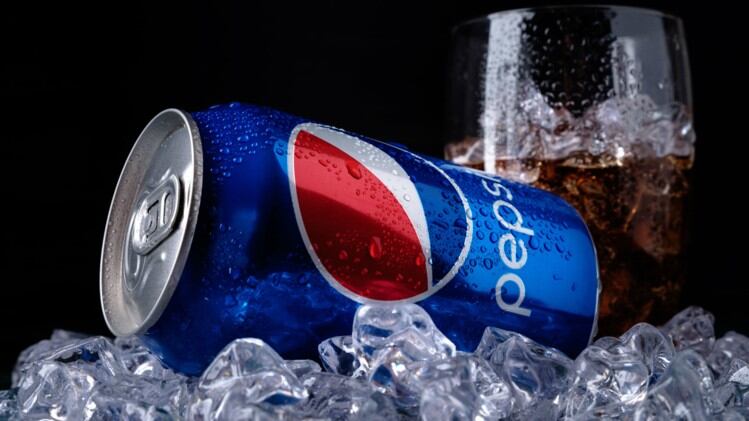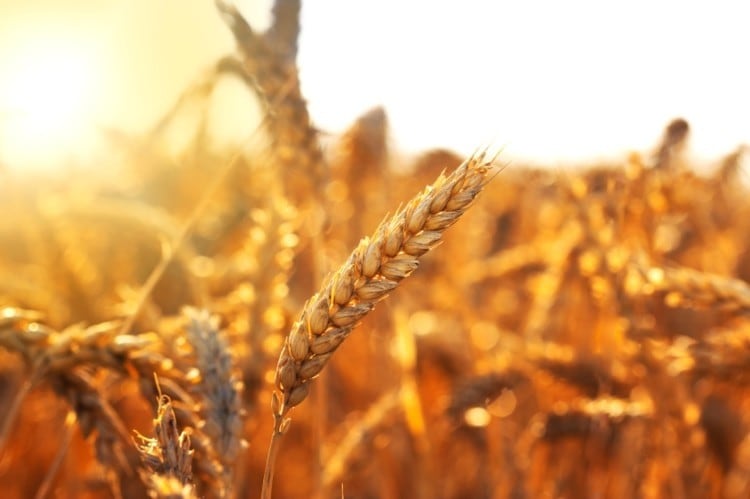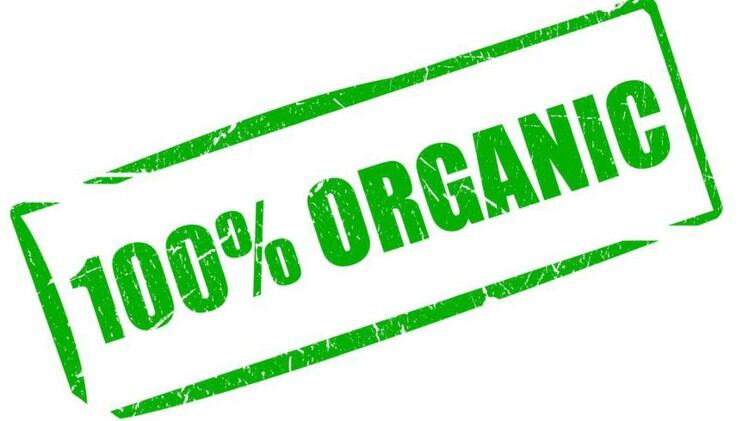“As part of PepsiCo’s ‘Performance with Purpose Vision’, sourcing our agricultural ingredients sustainably is important for the growth of our business, food safety and to support crop resilience for continued and localised supply,” said Christine Daugherty, PepsiCo Global Vice-President, Sustainable Agriculture to HinduBusinessLine.
“India clearly is an integral part of our sustainable sourcing agenda.
“As part of our continued commitment, we plan to invest US$5mn (INR364mn) by 2020, for expanding the Sustainable Farming Programme (SFP) in India.”
The company currently works with some 24,000 Indian farmers under the programme, a number it hopes to double over the next five years.
“We want to make a global impact which is locally relevant through our sustainable farming programme,” said Daugherty.
“We know we can’t just come in with complete Western agricultural practices as they may not work in India.”
Digital technology is also an important focus. “We are linking farmers to mobile apps which gives information from pest management to weather information,” she added.
Within SFP, PepsiCo has also developed 33 model farms to complement its farmer education efforts.
The company added on its website that: “In addition, by 2025, we aim to expand SFP across 7 million acres.”
The primary crops PepsiCo directly sources from farmers are potatoes (for Lay’s potato chips and other snacks), unprocessed corn (for Dorito’s and others), unprocessed oats (for Quaker products) and oranges (for Tropicana products).
“Our products depend on a safe, high-quality, and affordable supply of agricultural raw materials to meet [demands and expectations],” said PepsiCo in its Global Sustainable Agriculture Policy.
“Given the importance of agricultural materials to PepsiCo, we are committed to incorporating the best thinking, practices, and technology to support sustainable agriculture within PepsiCo’s global farming supply chain.”
Understanding PepsiCo’s Sustainable Farming Programme
The PepsiCo SFP focuses on the cultivation of what they deem ‘sustainable agriculture’.
It is a comprehensive programme where the company works directly with farmers to cover social, environmental and economic areas, assessing their sustainability level and offering guidance to make appropriate improvements.
It comprises two components: The Code, which lists farm-level sustainable agricultural principles and practices; and The Continuous Improvement Process, which assesses the farmers and drive sustainable improvements.
According to PepsiCo: “We engage with growers on farms of all sizes and types around the world in order to encourage continual improvement in sustainable farming practices, expand respect for workers' human rights, enhance growers' capabilities, and address risks.”
PepsiCo and water concerns in India
In 2017, PepsiCo and rival manufacturer Coca-Cola were faced with public protests in the South Indian state of Tamil Nadu, which eventually banned the sale of both companies’ products in favour of local items.
One of the main points of contention that led to the protests, led by local trade associations, was that both firms had been guzzling too much water from streams and rivers.
This water use was said to cause irrigation troubles for farmers, especially during drought season.
In response, PepsiCo stepped up efforts to address this issue.
“In India, which has 16% of the world’s population but only 4% of the world’s fresh water, we are focused on driving water-use efficiency in our operations and in our potato and corn agricultural supply chains,” it said via its 2017 Sustainability Report.
“In 2017, we scaled up our water recharge projects in India to cover additional plant sites, creating a total recharge potential of more than five billion litres […] across seven states impacting more than 60,000 people.”
Daugherty added that via SFP: “[Through] our supervision of direct seeding of rice rather than going for flooding the fields and transplanting, we helped save 16.73 billion litres of water in six states i.e. Punjab, Haryana, Uttar Pradesh, Karnataka, Andhra Pradesh and Tamil Nadu.”





